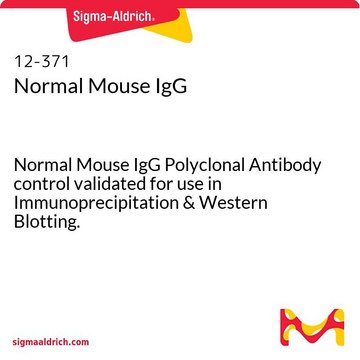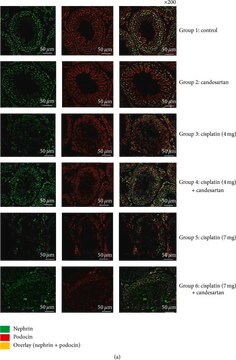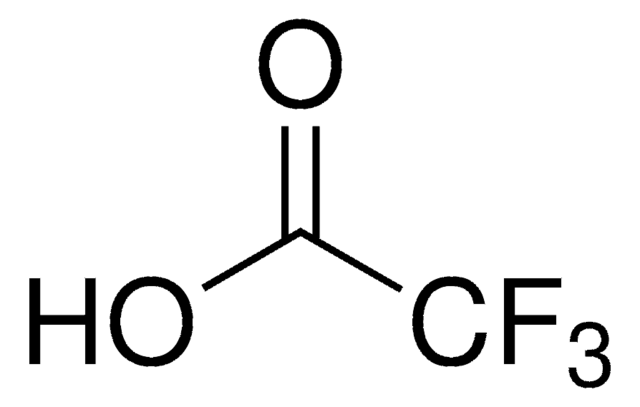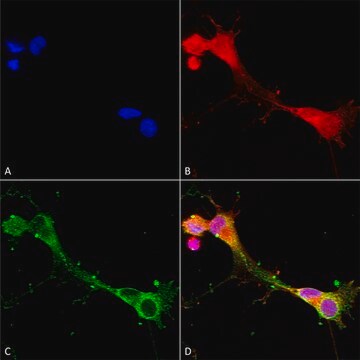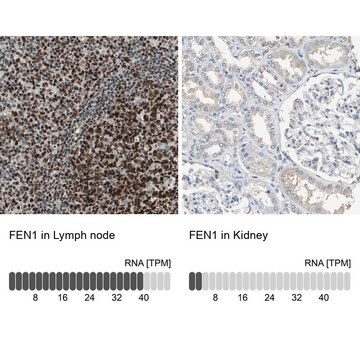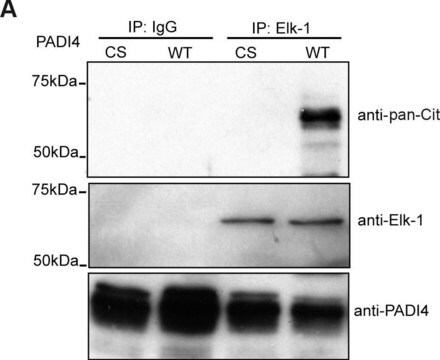04-921
Anti-GluR6/7 Antibody, clone NL9, rabbit monoclonal
culture supernatant, clone NL904, Upstate®
Synonym(s):
Anti-EAA4, Anti-GLR6, Anti-GLUK6, Anti-GLUR6, Anti-GluK2, Anti-MRT6, Anti-NEDLAS
About This Item
Recommended Products
biological source
rabbit
Quality Level
antibody form
culture supernatant
antibody product type
primary antibodies
clone
NL904, monoclonal
species reactivity
mouse, rat, human
manufacturer/tradename
Upstate®
technique(s)
immunoprecipitation (IP): suitable
western blot: suitable
isotype
IgG
NCBI accession no.
UniProt accession no.
shipped in
dry ice
target post-translational modification
unmodified
Gene Information
human ... GRIK2(2898)
Specificity
Immunogen
Application
Neuroscience
Neurotransmitters & Receptors
Quality
Target description
Linkage
Physical form
Storage and Stability
Analysis Note
Mouse brain tissue, rat brain microsomal preparation, human brain lysates
Legal Information
Disclaimer
Not finding the right product?
Try our Product Selector Tool.
Storage Class Code
12 - Non Combustible Liquids
WGK
WGK 1
Flash Point(F)
Not applicable
Flash Point(C)
Not applicable
Certificates of Analysis (COA)
Search for Certificates of Analysis (COA) by entering the products Lot/Batch Number. Lot and Batch Numbers can be found on a product’s label following the words ‘Lot’ or ‘Batch’.
Already Own This Product?
Find documentation for the products that you have recently purchased in the Document Library.
Our team of scientists has experience in all areas of research including Life Science, Material Science, Chemical Synthesis, Chromatography, Analytical and many others.
Contact Technical Service